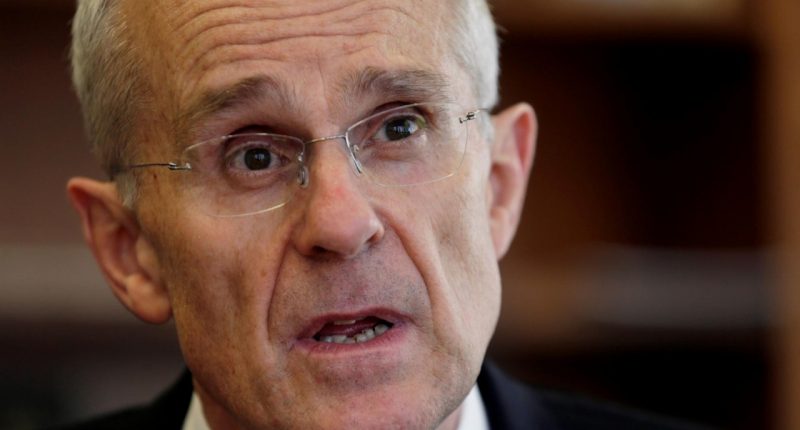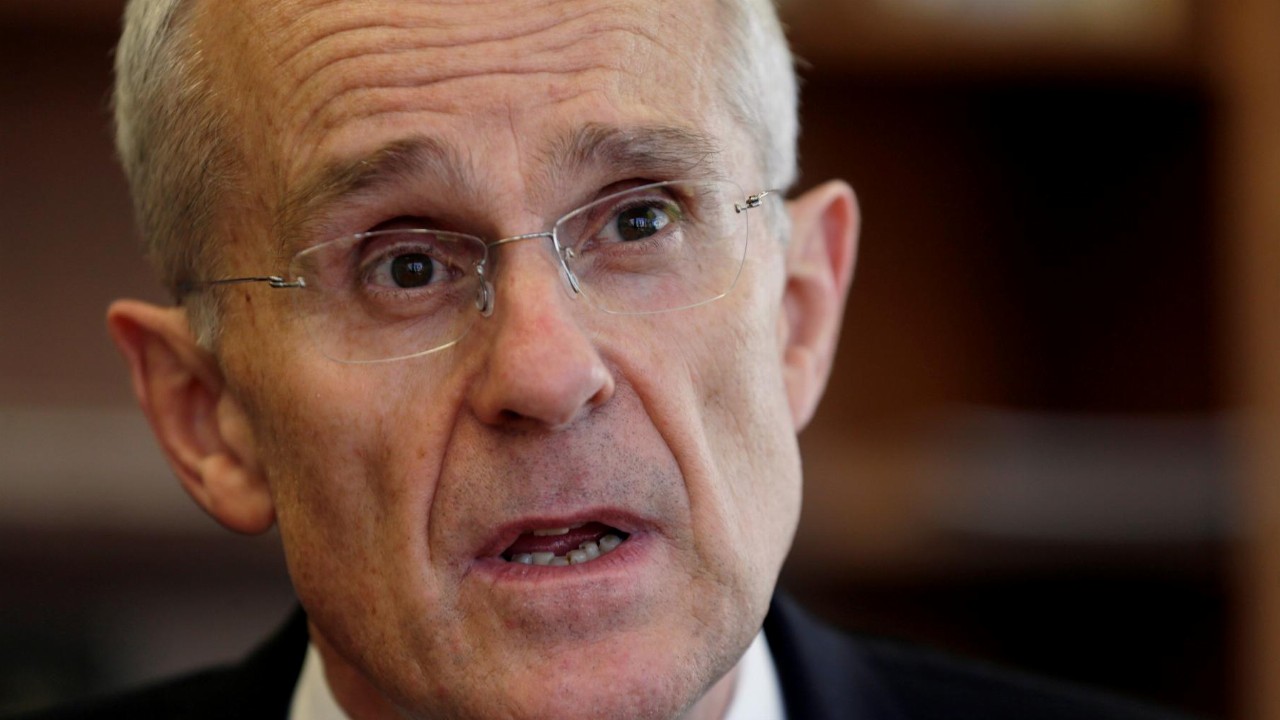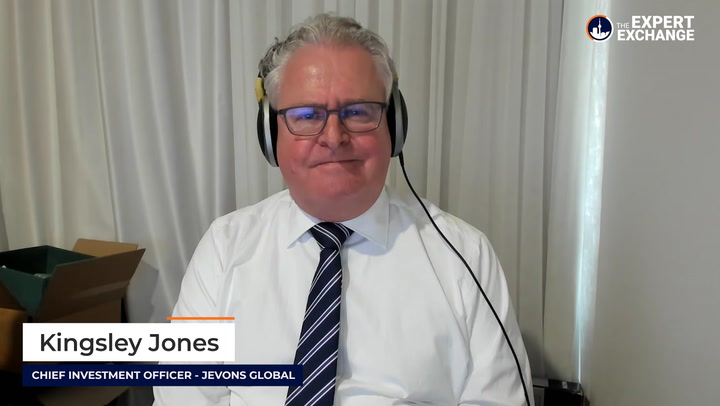- Australian domestic gas has been largely shielded from an international surge over the past year, but South Australia should brace for an undersupply of gas in 2022, according to a new ACCC report
- Though Australian east gas prices are well below international levels, southern states are expected to experience a shortfall of around 10 petajoules (PJ) of gas this year
- This means they will need to rely on gas to be redirected from the north to meet demand, even as a heads of agreement between the government and gas suppliers is set to expire
- The ACCC urges the government to consider extending its gas supply heads of agreement well before it expires at the start of 2023
- Meanwhile, Minister for Industry, Energy and Emissions Reduction Angus Taylor says the ACCC report showed the importance of ongoing government investment into the gas sector
Australian domestic gas has been largely shielded from an international surge over the past year, but South Australia should brace for an undersupply of gas in 2022, according to a new ACCC report.
The Australian Competition and Consumer Commission (ACCC) said domestic gas contract prices offered to commercial and industrial users for supply in 2022 increased from between $6 and $8 per gigajoule (GJ) in late 2020 to between $7 and $9 per GJ by mid-2021, with the supply outlook from 2022 onwards looking increasingly tight.
According to the report, Australia’s east coast spot market prices have sat between $10 and $11 per GJ over the past several months — well below the gas prices upwards of $36 per GJ seen on the Asian liquified national gas (LNG) spot market.
However, while east coast supply is only at risk of a shortfall from 2026, Australia’s southern states are expected to experience a shortfall of around 10 petajoules (PJ) of gas this year — meaning gas will need to be redirected from the north to meet southern demand.
ACCC Chair Rod Sims said continued write-downs of proved and probable gas resources, mainly by LNG producers in Queensland, had contributed to the forecast shortfall.
“There is a gas shortage forecast for Australia’s southern states from as soon as this year, which is likely to continue next year and beyond,” Mr Sims said.
“Southern states will be reliant on gas from Queensland until additional supply from new sources comes on.”
The Government and the gas industry
The ACCC’s report showed that LNG producers are forecasting to take around 27 PJ more gas out of the market in 2022 than they are expecting to supply — something the consumer watchdog was “extremely concerned” about.
“The uncertain supply situation reinforces the importance of the Australian Government’s Heads of Agreement with LNG producers, which concludes on 1 January 2023,” Mr Sims said.
This deal between the Federal Government and Australian LNG producers requires gas exporters to offer uncontracted gas to the domestic market on internationally competitive terms before it is exported.
The ACCC has urged the government to consider extending this deal well before it is set to expire at the start of 2023.
Minister for Industry, Energy and Emissions Reduction Angus Taylor said the ACCC report showed the importance of ongoing government investment into the gas sector — taking the opportunity to knock political opponents whose work he said may impact future gas prices.
“This report is a stark warning that we cannot allow activism to slow gas projects. Without unlocking gas, we will feel the price pressures being experienced overseas,” Mr Taylor said.
“A Labor‑Green partnership is a real threat to future gas supplies and gas prices.”
Minister for Resources and Water Keith Pitt echoed Mr Taylor’s thoughts, saying state governments should avoid “reckless” bans on gas development that will push prices to levels seen internationally.
“It should be a concern to all Australians that this is exactly what The Greens have proposed in a bill put before Parliament as part of their deal to support Labor if they hold the balance of power in a hung parliament.”
Nevertheless, the ACCC said the best course of action moving forward would be for the government to implement “a range of reforms” to encourage a greater diversity of suppliers and to reduce the barriers faced by producers.
“Upstream competition could be improved if owners of existing infrastructure such as processing and storage facilities provided third party access to this infrastructure on reasonable terms,” the ACCC report said.








